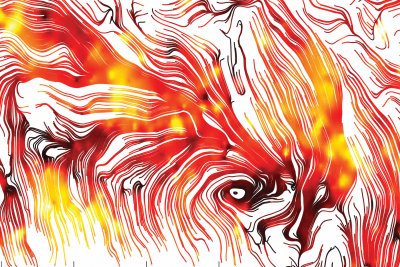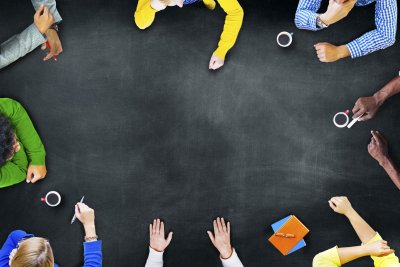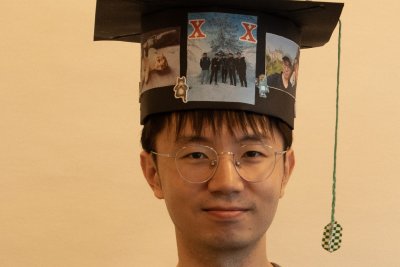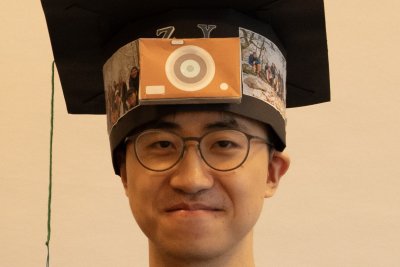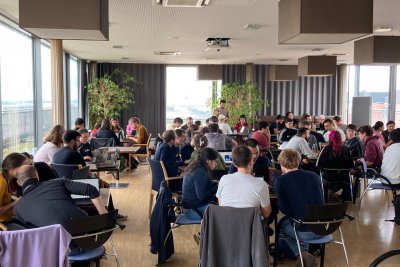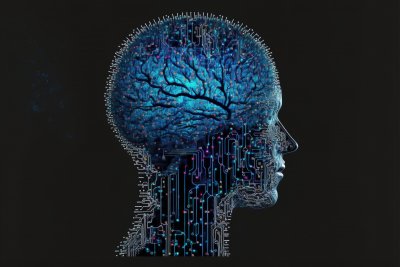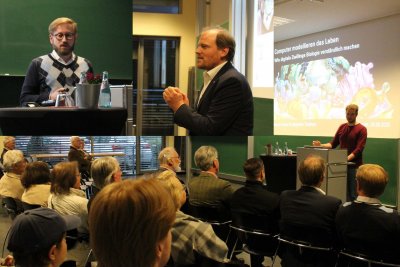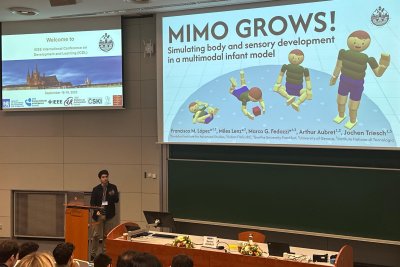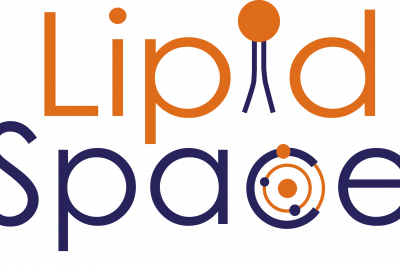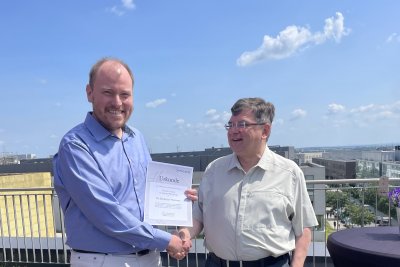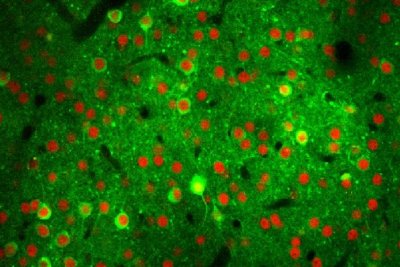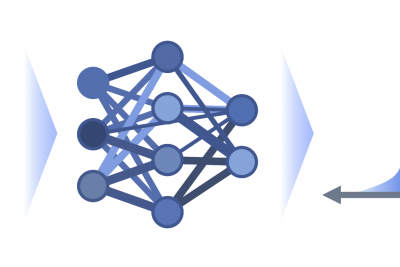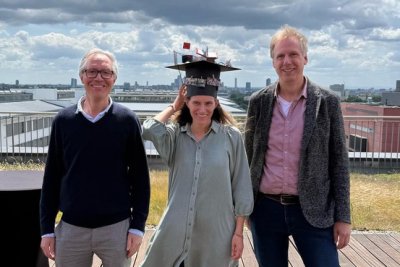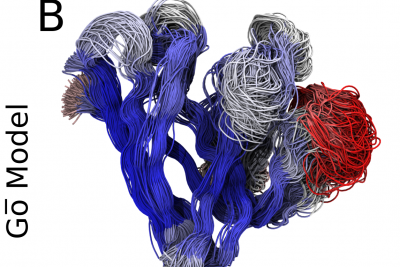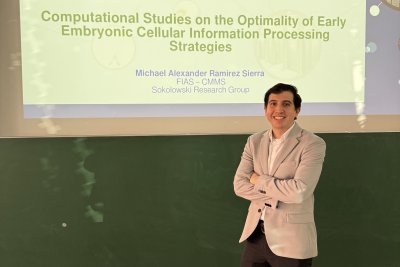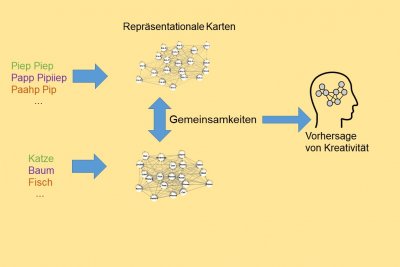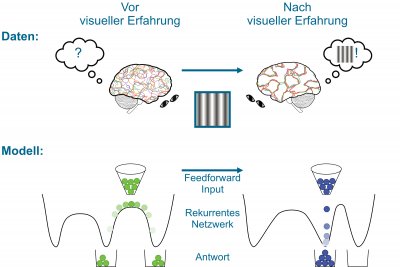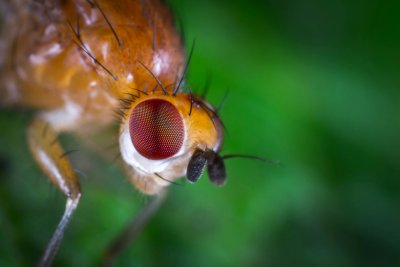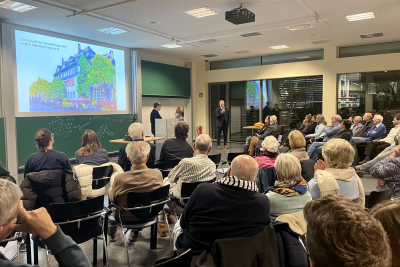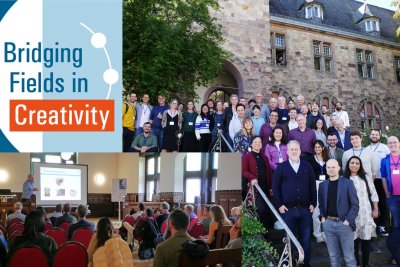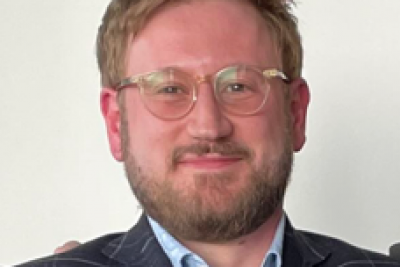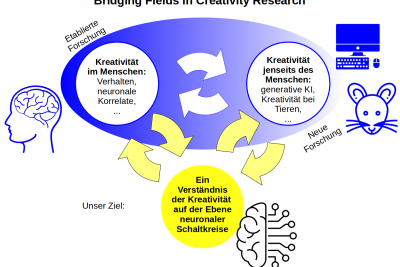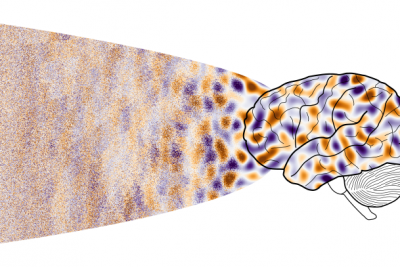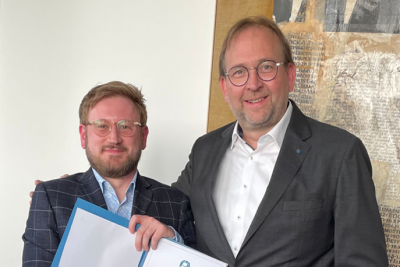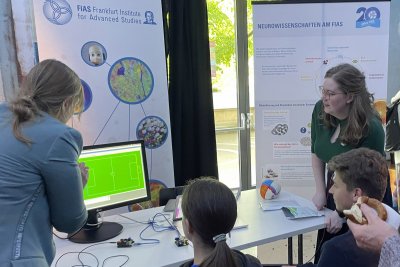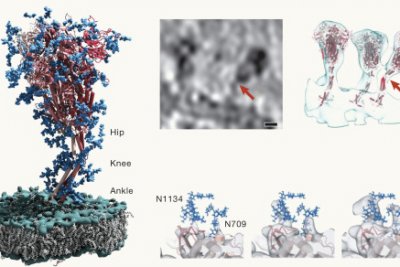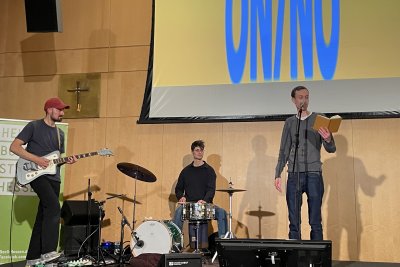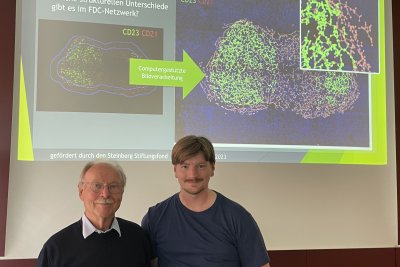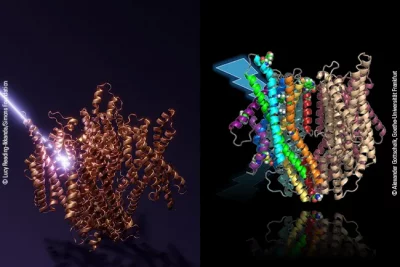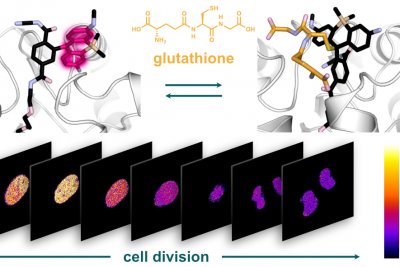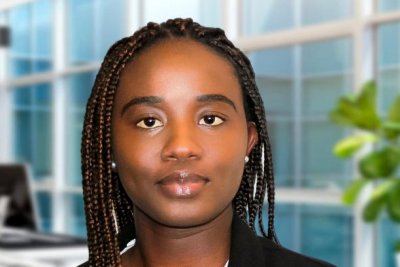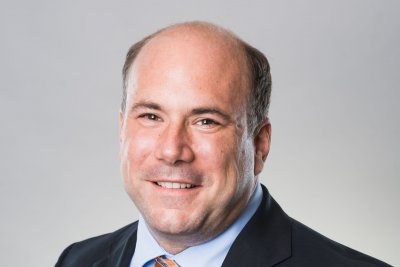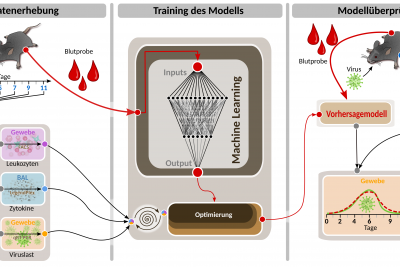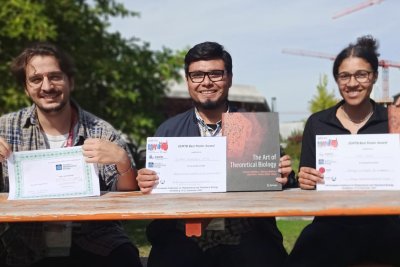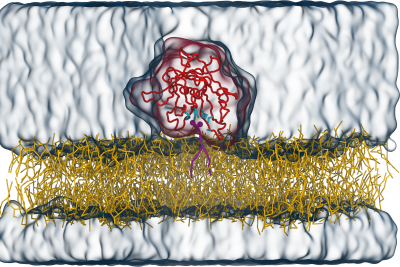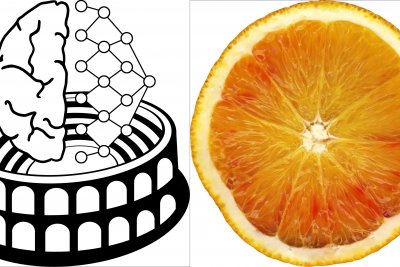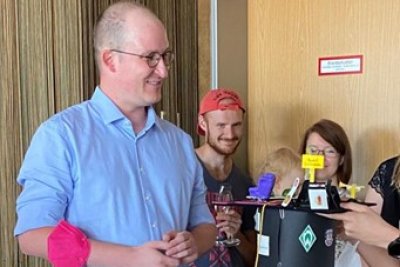Life- and Neurosciences – Overview
Understanding Life
The life sciences originally focused on the observation of natural phenomena; today quantifiable data play an increasingly important role. They are the basis for algorithms and models and help to better understand life.
One of the most complex structures on earth is the brain. It consists of a network of several billion nerve cells (neurons). We want to understand how their interaction gives rise to cognitive abilities.
Life sciences
Modern biology is increasingly characterised by mathematical and quantitative approaches - in no other discipline the challenges to theory, modelling, and simulation are growing as fast as in the life sciences.
Atoms cluster together to form molecules, molecular networks trigger cell reactions, and cell behaviour is in turn responsible for tissue structure. The development of theories for the organisation of molecular and cross-cellular networks is therefore a research interest at FIAS.
Main research topics
- Analysis, visualisation, modelling, and simulation of cell movements.
- Internal signalling processes; interactions of cells with each other and their chemical and mechanical environment.
- Personalised medicine: computer models for a holistic understanding of infectious diseases and their transmission.
Neuroscience
We study how the brain forms networks and independently adapts to ever-changing conditions. To describe and understand these dynamic networks, the language of life sciences is no longer sufficient. Sophisticated mathematical models and methods, for example from physics, can help here.
Computer models of the complex information-processing processes in the brain facilitate the understanding of its functioning and organisation. This is the only way to make progress in the development of ever better information processing systems using artificial intelligence.
Main research topics
- Mathematical investigation of high-dimensional activity patterns that occur in specific neuronal networks in humans and animals during cognitive and executive processes (close cooperation with experimental partner institutions).
- Simulation of biologically inspired neural networks to better understand how the brain enables vision, learning, understanding and movement.
- Implementation of what has been learned in modern robotic systems.
